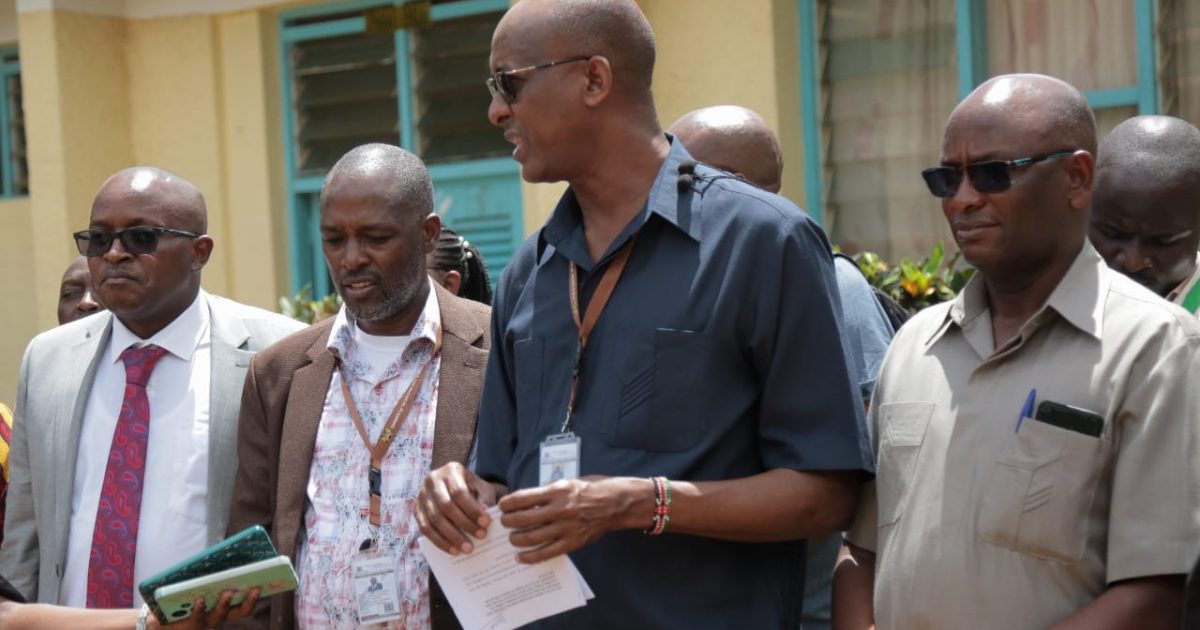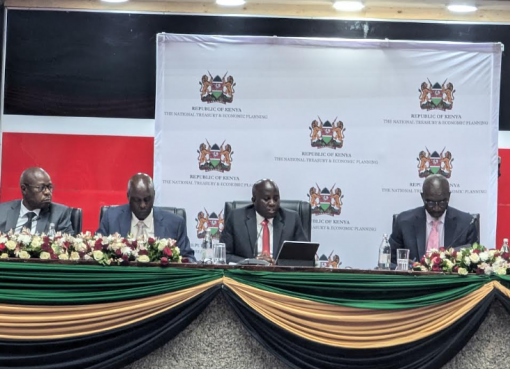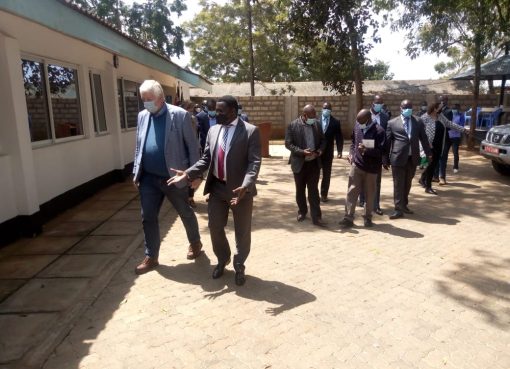Ministry of Lands, Public Works, housing, and Urban Development is working closely with the National Parliament to amend some outdated land laws in line with the 2010 constitution, to address the current numerous teething outstanding land issues.
According to Mr Maalim Mohammed, who is also the Secretary Administrator in the State Department for Land and Physical Planning, the said bill once passed, will pave the way for the review and introduction of the long-awaited new land laws as enshrined in the 2010 constitution.
The Administrative Secretary, while speaking today in Kitui town, during a public participation forum concerning the land laws amendment bill, 2023, and review of various land sectors, lamented outdated laws contained in the current land laws, with some of the laws dated 1962 and thus needs to be reviewed.
“The constitution requires that land laws should be reviewed after every ten years, for better management of land use in the country, and similarly to ensure the government and its citizen’s benefit equally and effectively from the proper land use.” Mr Maalim said.
The Administrative Secretary, further said that once the land reforms bill is enacted into the law, it will resolve current teething land issues that hinder wise management and use of land in the country.
“The land reforms bill will amplify land digitization of land process in land registration processes among other land processing issues. The reforms will also enhance automation transactions aimed at reduction of timelines in registration of property and as well land.” The administrative secretary explained the participants were drawn from four counties Makueni, Machakos, Garissa, and Kitui.
He observed that the land reforms bill is set to introduce new land management including self-service through online land flat forms and cashless transactions, all aimed at minimizing corruption at the Ministry of Lands.
Other reforms contained in the land reforms bill are reviews of outdated land services fees, inclusion of other actors into the land management especially the county government to be able to participate in land control boards, Introduction and adjustment of new land services fees and taxes, as well enhancement of government revenue collection.
Other issues set to be addressed by the land reforms bill are leasing land vis-a-vis buyer poverty act that is section 54 on buying of property of land.
The land reforms bill will address the issues of the maximum and minimum amount of land ownership required per person and prevent or set up regulations towards subdivision of farmland into small units, which is negatively affecting food production thus resulting in a shortage of food in the country.
Responding to the land reforms bill, the participants who were drawn from four counties of Makueni, Machakos, Garissa, and Kitui called on the Ministry of Lands to organize civic education for citizens to educate them on the new land reforms.
The participants expressed concern that a majority of members of the public are unaware of the new land laws, their management, and use and therefore it is necessary for awareness and education on the land changes contained in the land reforms.
The participants regretted that some of the citizens risk acting contrary to the new land laws, and thus unknowingly committing an offense punishable before a Court of law.
The long-awaited land reforms are enshrined in the 2010 constitution. Kenyans have for the last 13 years continued to suffer due to delays in undertaking the required land laws amendment.
By Denson Mututo





